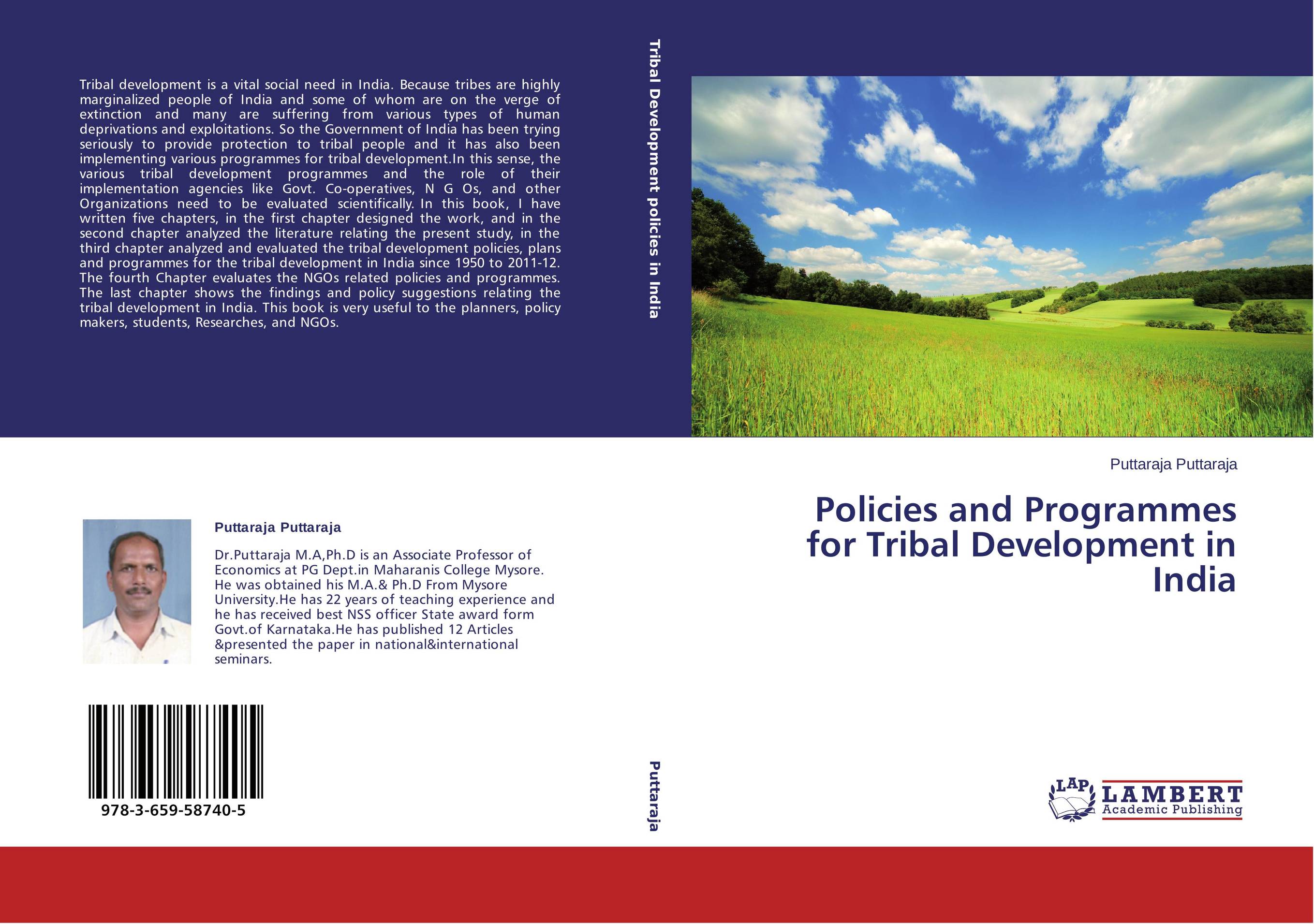| Поиск по каталогу |
|
(строгое соответствие)
|
- Профессиональная
- Научно-популярная
- Художественная
- Публицистика
- Детская
- Искусство
- Хобби, семья, дом
- Спорт
- Путеводители
- Блокноты, тетради, открытки
Policies and Programmes for Tribal Development in India.

В наличии
| Местонахождение: Алматы | Состояние экземпляра: новый |

Бумажная
версия
версия
Автор: Puttaraja Puttaraja
ISBN: 9783659587405
Год издания: 2014
Формат книги: 60×90/16 (145×215 мм)
Количество страниц: 284
Издательство: LAP LAMBERT Academic Publishing
Цена: 51977 тг
Положить в корзину
| Способы доставки в город Алматы * комплектация (срок до отгрузки) не более 2 рабочих дней |
| Самовывоз из города Алматы (пункты самовывоза партнёра CDEK) |
| Курьерская доставка CDEK из города Москва |
| Доставка Почтой России из города Москва |
Аннотация: Tribal development is a vital social need in India. Because tribes are highly marginalized people of India and some of whom are on the verge of extinction and many are suffering from various types of human deprivations and exploitations. So the Government of India has been trying seriously to provide protection to tribal people and it has also been implementing various programmes for tribal development.In this sense, the various tribal development programmes and the role of their implementation agencies like Govt. Co-operatives, N G Os, and other Organizations need to be evaluated scientifically. In this book, I have written five chapters, in the first chapter designed the work, and in the second chapter analyzed the literature relating the present study, in the third chapter analyzed and evaluated the tribal development policies, plans and programmes for the tribal development in India since 1950 to 2011-12. The fourth Chapter evaluates the NGOs related policies and programmes. The last chapter shows the findings and policy suggestions relating the tribal development in India. This book is very useful to the planners, policy makers, students, Researches, and NGOs.
Ключевые слова: shifting cultivation, Food Security, Migration, Empowerment, Self Help Groups, Inclusive Growth, peoples participation, gender segregation, Human Deprivation, Traditional accupation



